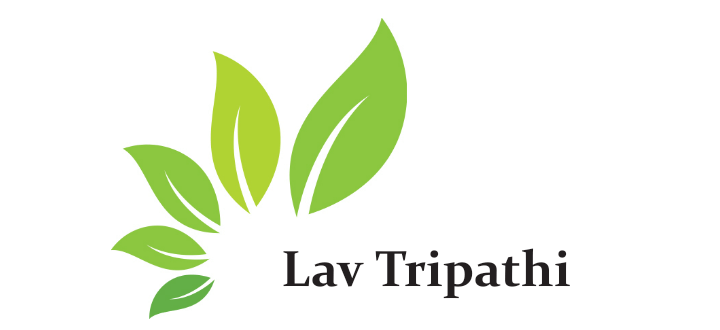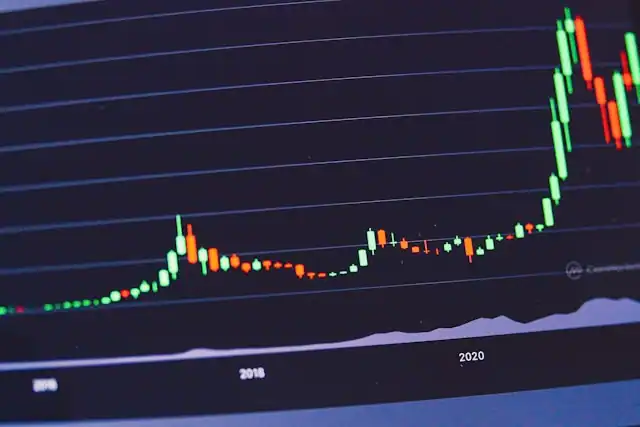Today, we’re going to discuss Oberoi Realty Ltd, a real estate stock that has the potential to deliver exceptional returns over the next two years.
Founded in Mumbai in 1998 under the name Kingston Properties, this company later became Oberoi Construction Private Limited, a wholly owned subsidiary in 2006, and was rebranded as Oberoi Realty.
The company is owned by Vikas Oberoi, who is married to Gayatri Joshi, an actress known for her role in the movie “Swades.”
Oberoi Realty Ltd Fundamentals
Oberoi Realty Ltd, a prominent player in the real estate sector, has a market capitalization of ₹63,316 crore and a face value of ₹10 per share. Currently (8-August-2024), the stock is priced at ₹1,750.

Over the past year, Oberoi Realty’s stock has delivered a return of 64.23%, and over the past three years, it has provided a remarkable return of 153.73%.
Operating Profit Margin (OPM%)
Operating Profit Margin (OPM) is a critical indicator of a company’s profitability. It is calculated by dividing the company’s operating profit by its revenue and multiplying by 100%.
OPM = (Operating Profit / Revenue) * 100%
A higher OPM indicates a more profitable company. Generally, an OPM above 20% is considered excellent for Indian companies. Oberoi Realty boasts an impressive OPM of 58%, underscoring its strong profitability.
Promoter Holding
A company is often deemed strong when its promoters hold at least 50% of the company’s shares. In Oberoi Realty, the promoters hold a substantial 67.71%, reflecting their confidence and control over the company.
Debt to Equity Ratio
The Debt to Equity Ratio highlights a company’s financial leverage. A ratio below 1 is generally favorable for Indian companies. Oberoi Realty has a debt to equity ratio of just 0.18%, indicating a robust financial position and its ability to easily manage and repay its debts.
Return on Capital Employed (ROCE)
ROCE measures the profitability of a company relative to the capital employed. A ROCE above 10% is considered good for Indian companies. ROCE of this share stands at 16.41%, showcasing its efficient use of capital to generate profits.
Return on Assets (ROA)
ROA indicates how effectively a company uses its assets to generate earnings. A ROA above 5% is regarded as good. Oberoi Realty’s ROA is 9.81%, reflecting its strong asset utilization.
Compound Annual Growth Rate (CAGR)
CAGR represents the annual growth rate of a company’s sales and profit over a period of time. Oberoi Realty’s sales CAGR over the last three years is 48%, while its profit CAGR is 61.42%, demonstrating its strong performance and growth trajectory.
Debtor Days
This metric shows how quickly a company collects payments after a sale. Generally, a debtor day period of 45 days or less is considered good. This share has a debtor day period of just 13 days, indicating efficient cash collection.
Earnings Per Share (EPS)
EPS measures the profit attributable to each share. A higher EPS reflects a more profitable company. Oberoi Realty’s EPS is ₹53, signifying its strong earnings.
Shareholding Pattern (as of June 2024)
– Promoters: 67.71%
– Public: 1.94%
– FII (Foreign Institutional Investors): 18.05%
– DII (Domestic Institutional Investors): 12.30%
The significant investment by foreign investors underscores the stock’s appeal.
Oberoi Realty’s Target Price
As of (8-August-2024), Oberoi Realty’s stock is trading around ₹1,750. Based on its fundamentals and business expansion plans, this stock could easily cross ₹2,700 in the next year. In the next two years, it might even reach ₹4,000.
My Opinion
In my view, This stock is a fundamentally strong company with significant potential for growth. Investors looking for long-term gains might find this stock a good option to consider.
**Disclaimer**: The insights provided are based on thorough analysis, but there is always a risk of error. It is advisable to consult your financial advisor before making any investment decisions. Most of the data referenced is from March 2024. This is not investment advice, and investing in the stock market involves risks. Always seek expert advice before investing.




